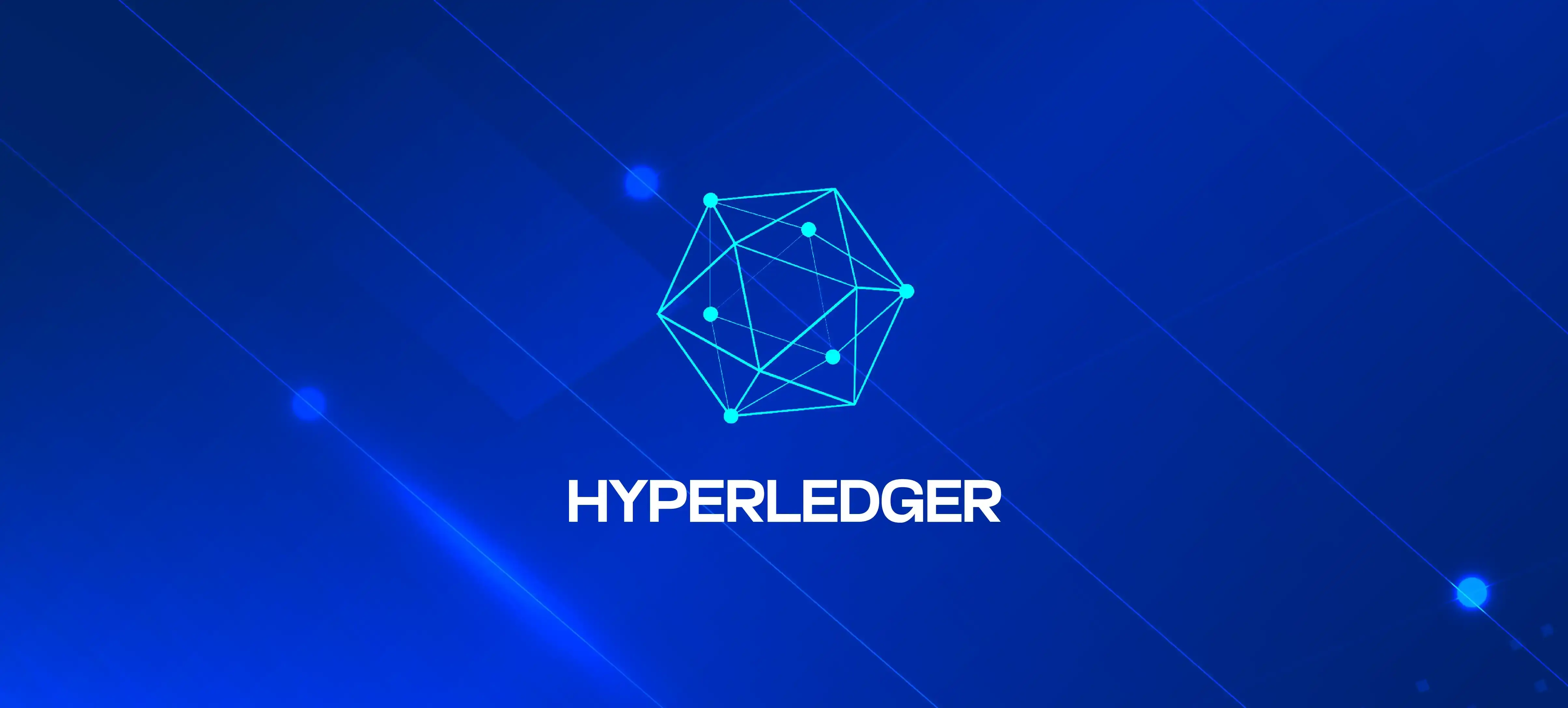
BEP2 vs. BEP20 Tokens: Get to Know the Key Differences
Table of Contents
Tens of thousands of cryptocurrencies exist today, you will be surprised to know that most of them are developed with the same blueprint, called token standards. These token standards define some key functionalities, sets of rules, and properties of blockchain tokens including interoperability, composability, and efficiency. The two well-known token standards of Binance Chain are BEP2 and BEP20 which we will discuss in this blog post.
Overview of Binance
Binance was founded in 2017 in the Cayman Islands by a software developer named Changpeng Zhao. He built a high-frequency trading software that now has become the world’s largest cryptocurrency exchange with high daily volume trades.
Binance Chain is the original blockchain of Binance. However, it has some limitations and to overcome those Binance Smart Chain (BSC) was introduced. BSC has advanced features and capabilities and can work with smart contracts on Ethereum-based applications. This is where BEP2 and BEP20 come into play. These are native tokens standards of Binance Chain and Binance Smart Chain respectively.
In the following discussion, both these token standards are conversed individually to help you get the difference between their functionalities, scope, and possibilities for blockchain projects.
What Is BEP2?
BEP stands for Binance Chain Evolution Proposal. Binance Chain makes use of the BEP2 token standard. It is a second-generation blockchain protocol that offers a wide range of functionalities to issue tokens in the blockchain network. For instance, some popular crypto wallets such as Ledger make use of BEP2 token standards to facilitate payments. For BEP2, you need BNB coins to pay for gas i.e. transaction fee.
BEP2 employs a proof-of-stake (PoS) algorithm and makes trading easy between different cryptocurrencies in a decentralized exchange environment. Currently, it is supported by various hardware wallets including Coolwallet S, Trezor Model T, Ledger Nano S, X, etc. However, it is not compatible with other blockchains except Binance.
Binance Chain
Launched in April 2020, Binance Chain was developed by Binance for decentralized exchange to make trading cost-efficient and anonymous. The purpose of the Binance Chain was to allow consumers to trade with very low commissions, trading fees, and transactions to absorb the market. It also focuses on facilitating faster asset exchange and maximum transaction volumes.
Similar to Bitcoin, Binance Chain uses a proof-of-work (PoW) algorithm. Its capacities are integrated into the blockchain network to interact with Binance Smart Chain (BSC) through tokens. It however does not execute smart contracts or build dApps like BSC.
An Ultimate Guide to Crypto Wallets
What Is BEP20?
BEP20 is also a native token but it is an extension of ERC20 and works on Binance Smart Chain. It is one of the most popular token standards in the Ethereum blockchain as it gives complete instructions to use, spend and transfer assets in the blockchain network. Some important features of BEP20 are
-
Support for multiple signatures to make it easy for a group of people to sign transactions and make them more secure
-
Support for atomic swaps to trade one token for another without paying a visit to exchange
-
Support for meta transaction that allows you to send transactions without paying a gas fee
-
Compatible with BEP2 and ERC20
The main purpose of developing BEP20 is to facilitate all transaction needs on various different dApps on BSC.
Binance Smart Chain
Binance Smart Chain (BSC) is a blockchain introduced by Binance that runs in parallel with the Binance Chain. Its creation was first introduced in April 2020 and then after five months, it was launched in September 2020. Binance introduced BSC due to the increased popularity of NFT marketplaces, crypto games, and DeFi platforms to create blockchain projects with smart contracts capabilities.
Its two main properties make it the world’s largest cryptocurrency exchange. BSC solves the problems of costly transactions and it allows users to make use of smart contracts on Ethereum and develop dApps. It uses a proof of stake authority (PoSA) algorithm that allows the staking and development of dApps.
Is BNB BEP2 or BEP20?
Binance’s native currency BNB is a BEP2 token. As discussed earlier, Binance operates two blockchains. Binance Chain is also known as BNB Beacon Chain and Binance Smart Chain is rebranded to BNB Smart Chain.
For Binance Chain, the native token is BEP2, whereas for Binance Smart Chain it is BEP-20.
BEP2 vs BEP20 - Key Differences
Below are the key differences between BEP2 and BEP20.
Blockchain platform
The major difference between BEP2 and BEP20 is that BEP2 tokens are native to Binance Chain, whereas BEP20 tokens are native to Binance Smart Chain.
Consensus Algorithm
BEP2 uses the Proof of Work algorithm, whereas BEP20 uses the Proof of Stake Authority.
Transaction cost
BEP2 offers higher costs as it imposes a gas fee on both centralized and decentralized exchanges whereas BEP20 tokens do not charge any transaction fee.
Compatibility
BEP20 provides support for ERC20 and Ethereum standard tokens to transfer assets to the Ethereum network whereas BEP2 does not.
Smart Contracts
BEP20 offers high smart contract flexibility as compared to BEP2.
Optimization
BEP2 token is optimized for faster transactions and high performance. BEP20 on the other hand is optimized for smart contracts to build dApps.
Address Format
BEP2 has a different address format from BEP20, which is why BEP2 tokens cannot be sent to the BEP20 address and vice versa.
Scalability
BEP20 offers more scalability options as you can easily identify the new number of tokens required or if you need to burn the current ones, making it easy for the developers to scale up the blockchain projects.
Wallet
BEP2 tokens are supported by any wallet that supports ERC20 tokens whereas there are only a few wallets that support BEP20 tokens, especially the ones that support BSC standards.
Conclusion
BEP2 and BEP20 are different token standards of Binance with non-overlapping functions. Both have their own advantages and disadvantages and you can choose the one based on your project needs. BSC is a relatively new blockchain but it can perform all the functions of the Binance Chain. Binance’s dual architecture allows you to leverage the features of both for seamless continuity of operations.
InvoBlox’s ERC20 token development services allow you to build state-of-the-art dApps on the Ethereum network. Our team of smart contract developers leverages the powerful capabilities of the Ethereum platform to make highly scalable, secure, and reliable projects for your business. As an ERC token development company, we specialize in providing comprehensive solutions in all standards including ERC 20 and ERC 721.
So what are you waiting for? Let’s discuss your project!
Table of Contents
Tens of thousands of cryptocurrencies exist today, you will be surprised to know that most of them are developed with the same blueprint, called token standards. These token standards define some key functionalities, sets of rules, and properties of blockchain tokens including interoperability, composability, and efficiency. The two well-known token standards of Binance Chain are BEP2 and BEP20 which we will discuss in this blog post.
Overview of Binance
Binance was founded in 2017 in the Cayman Islands by a software developer named Changpeng Zhao. He built a high-frequency trading software that now has become the world’s largest cryptocurrency exchange with high daily volume trades.
Binance Chain is the original blockchain of Binance. However, it has some limitations and to overcome those Binance Smart Chain (BSC) was introduced. BSC has advanced features and capabilities and can work with smart contracts on Ethereum-based applications. This is where BEP2 and BEP20 come into play. These are native tokens standards of Binance Chain and Binance Smart Chain respectively.
In the following discussion, both these token standards are conversed individually to help you get the difference between their functionalities, scope, and possibilities for blockchain projects.
What Is BEP2?
BEP stands for Binance Chain Evolution Proposal. Binance Chain makes use of the BEP2 token standard. It is a second-generation blockchain protocol that offers a wide range of functionalities to issue tokens in the blockchain network. For instance, some popular crypto wallets such as Ledger make use of BEP2 token standards to facilitate payments. For BEP2, you need BNB coins to pay for gas i.e. transaction fee.
BEP2 employs a proof-of-stake (PoS) algorithm and makes trading easy between different cryptocurrencies in a decentralized exchange environment. Currently, it is supported by various hardware wallets including Coolwallet S, Trezor Model T, Ledger Nano S, X, etc. However, it is not compatible with other blockchains except Binance.
Binance Chain
Launched in April 2020, Binance Chain was developed by Binance for decentralized exchange to make trading cost-efficient and anonymous. The purpose of the Binance Chain was to allow consumers to trade with very low commissions, trading fees, and transactions to absorb the market. It also focuses on facilitating faster asset exchange and maximum transaction volumes.
Similar to Bitcoin, Binance Chain uses a proof-of-work (PoW) algorithm. Its capacities are integrated into the blockchain network to interact with Binance Smart Chain (BSC) through tokens. It however does not execute smart contracts or build dApps like BSC.
An Ultimate Guide to Crypto Wallets
What Is BEP20?
BEP20 is also a native token but it is an extension of ERC20 and works on Binance Smart Chain. It is one of the most popular token standards in the Ethereum blockchain as it gives complete instructions to use, spend and transfer assets in the blockchain network. Some important features of BEP20 are
-
Support for multiple signatures to make it easy for a group of people to sign transactions and make them more secure
-
Support for atomic swaps to trade one token for another without paying a visit to exchange
-
Support for meta transaction that allows you to send transactions without paying a gas fee
-
Compatible with BEP2 and ERC20
The main purpose of developing BEP20 is to facilitate all transaction needs on various different dApps on BSC.
Binance Smart Chain
Binance Smart Chain (BSC) is a blockchain introduced by Binance that runs in parallel with the Binance Chain. Its creation was first introduced in April 2020 and then after five months, it was launched in September 2020. Binance introduced BSC due to the increased popularity of NFT marketplaces, crypto games, and DeFi platforms to create blockchain projects with smart contracts capabilities.
Its two main properties make it the world’s largest cryptocurrency exchange. BSC solves the problems of costly transactions and it allows users to make use of smart contracts on Ethereum and develop dApps. It uses a proof of stake authority (PoSA) algorithm that allows the staking and development of dApps.
Is BNB BEP2 or BEP20?
Binance’s native currency BNB is a BEP2 token. As discussed earlier, Binance operates two blockchains. Binance Chain is also known as BNB Beacon Chain and Binance Smart Chain is rebranded to BNB Smart Chain.
For Binance Chain, the native token is BEP2, whereas for Binance Smart Chain it is BEP-20.
BEP2 vs BEP20 - Key Differences
Below are the key differences between BEP2 and BEP20.
Blockchain platform
The major difference between BEP2 and BEP20 is that BEP2 tokens are native to Binance Chain, whereas BEP20 tokens are native to Binance Smart Chain.
Consensus Algorithm
BEP2 uses the Proof of Work algorithm, whereas BEP20 uses the Proof of Stake Authority.
Transaction cost
BEP2 offers higher costs as it imposes a gas fee on both centralized and decentralized exchanges whereas BEP20 tokens do not charge any transaction fee.
Compatibility
BEP20 provides support for ERC20 and Ethereum standard tokens to transfer assets to the Ethereum network whereas BEP2 does not.
Smart Contracts
BEP20 offers high smart contract flexibility as compared to BEP2.
Optimization
BEP2 token is optimized for faster transactions and high performance. BEP20 on the other hand is optimized for smart contracts to build dApps.
Address Format
BEP2 has a different address format from BEP20, which is why BEP2 tokens cannot be sent to the BEP20 address and vice versa.
Scalability
BEP20 offers more scalability options as you can easily identify the new number of tokens required or if you need to burn the current ones, making it easy for the developers to scale up the blockchain projects.
Wallet
BEP2 tokens are supported by any wallet that supports ERC20 tokens whereas there are only a few wallets that support BEP20 tokens, especially the ones that support BSC standards.
Conclusion
BEP2 and BEP20 are different token standards of Binance with non-overlapping functions. Both have their own advantages and disadvantages and you can choose the one based on your project needs. BSC is a relatively new blockchain but it can perform all the functions of the Binance Chain. Binance’s dual architecture allows you to leverage the features of both for seamless continuity of operations.
InvoBlox’s ERC20 token development services allow you to build state-of-the-art dApps on the Ethereum network. Our team of smart contract developers leverages the powerful capabilities of the Ethereum platform to make highly scalable, secure, and reliable projects for your business. As an ERC token development company, we specialize in providing comprehensive solutions in all standards including ERC 20 and ERC 721.
So what are you waiting for? Let’s discuss your project!





